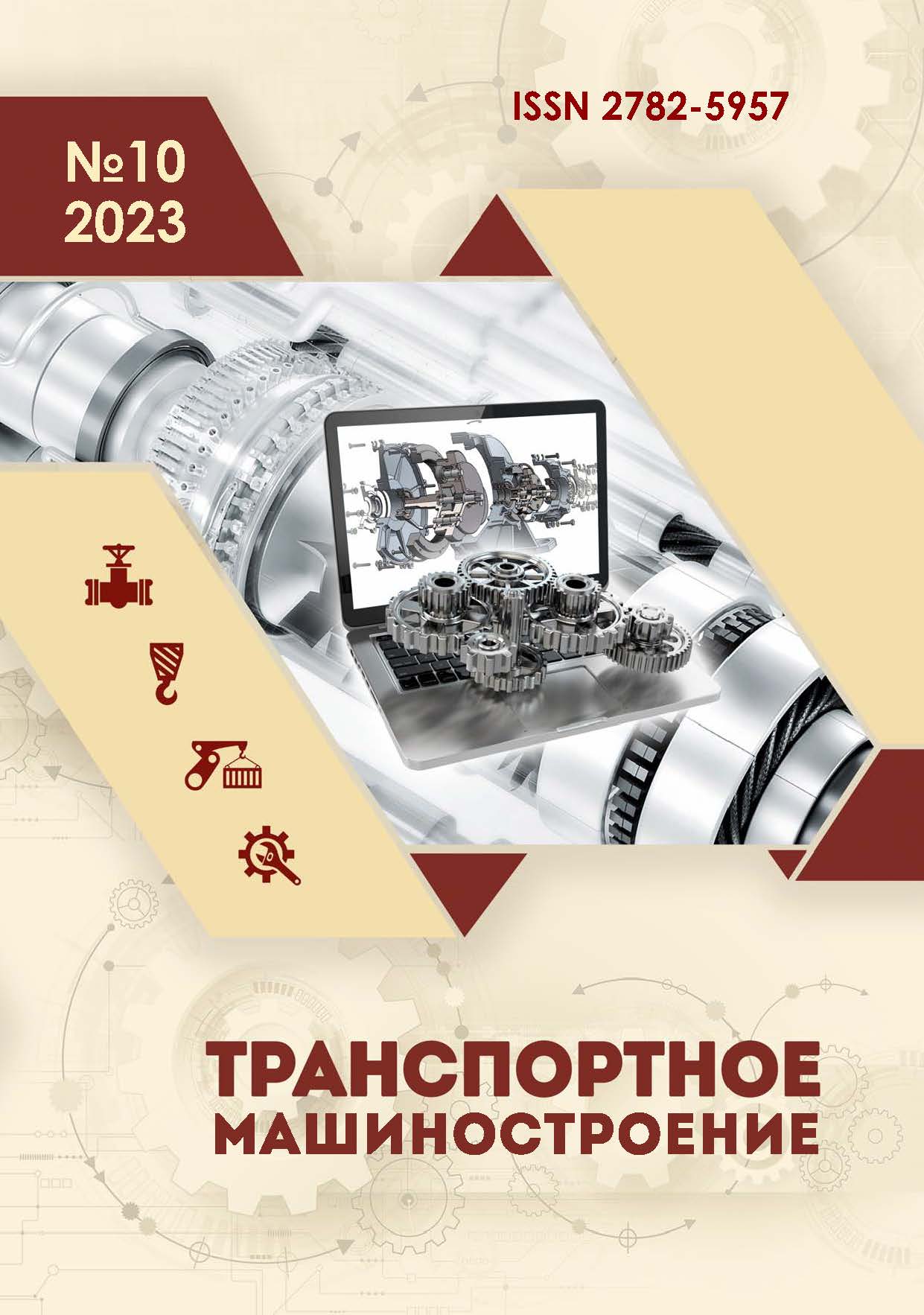employee
Luhansk, Russian Federation
UDC 656.073.9
Russian Library and Bibliographic Classification 393
The study objective is to solve the urgent prob-lem of reducing costs and negative impact on the envi-ronment during motor trucking. This paper solves the problem of determining the nature of cost reduction and CO2 emissions depending on the distance between the transport terminals. Research methods: determination of the cost of cargo delivery and emissions of pollutants depending on the distance of transportation and the truck carrying capacity. The novelty of the work is that the dependences of cost reduction and CO2 emissions on the distance between transport terminals in comparison with direct transportation in the transport network are obtained. Study results: it is shown that motor terminal technologies as a tool of "green" logistics can simulta-neously improve both the economic and eco-logical efficiency of transportation. The main stages of termi-nal technology for cargo transportation, terminal cargo handling and trunk cargo transportation by linehaul trains are considered in detail. Conclusions: the use of motor terminal trucking in comparison with direct transportation between ship-pers and consignees allows to reduce the cost of deliv-ering goods at distances between terminals over 500 km and reduce the negative impact on the environment, CO2 emissions are cut by up to two times.
logistics, technology, transportation, delivery, goods, transport
1. Hrusovsky M, Demir E, Jammernegg W, Woensel TV. Hybrid simulation and optimization approach for green intermodal transportation problem with travel time uncertainty. Flexible Services and Manufacturing Journal [Internet]. 2018;30(3):486-516. Available from: https://doi.org/10.1007/s10696-016-9267-1.
2. Lai D, Costa Y, Demir E, Florio AM, Woensel TV. The Pollution-routing problem with speed optimization and uneven topography. arXiv:2105.09229v1 [math.OC] [Internet]. 2021 May 19; 32. Available from: https://doi.org/10.48550/arXiv.2105.09229.
3. Sarkis J, Dou Y. Green supply chain management. New York: Routledge; 2018.
4. Lenich SV, Nikishkin YuA. Formation of transport and warehouse chains according to the principles of "green" logistics. Scientific Information Collection, 2022: Transport: Science, Technology, Management. 2022;4:22-26.
5. Yang X. Green hub location-routing problem for LTL transport [dissertation]. [Nantes (France)]: University of Brittany Loire; 2018.
6. Kuzmina MA, Nadiryan SL, Achmiz ShM. Prospects for the development of the terminal system of freight road transport in international communication of Russia. Science. Engineering. Technology (polytechnic bulletin). 2022;3:32-25.
7. Heilig L, Voß S. Inter-terminal transportation: an annotated bibliography and research agenda. Flexible Services and Manufacturing Journal [Internet]. 2017;29:35-63. Available from: https://doi.org/10.1007/s10696-016-9237-7.
8. Fayzullin GR. Organization of line hauling according to terminal technology. Alleya Nauki. 2019;2(12(39)):190-192.
9. Kravchenko EA, Babiy AV, Ushmaev EN. Efficiency of cargo line hauling system. Fundamental Research. 2007;12(1):61-65.
10. Calculation instructions (methods) for the inventory of pollutant emissions by motor vehicles and road-building machines into the atmospheric air. Moscow: Avtopolis-plus; 2008.





